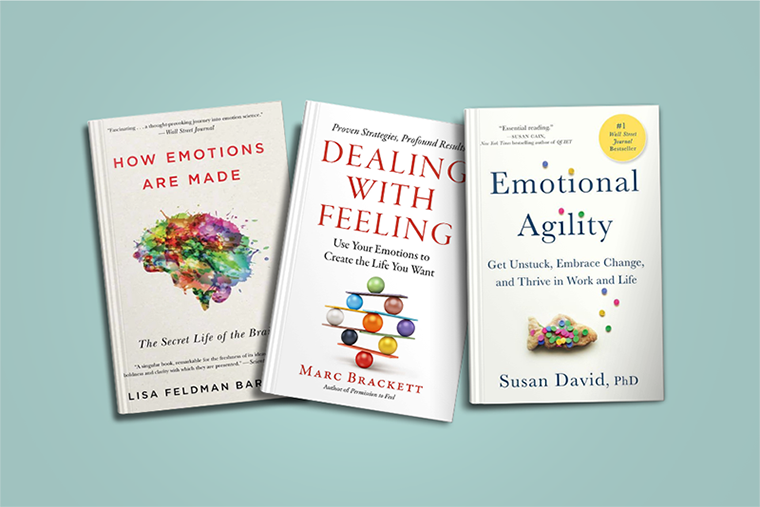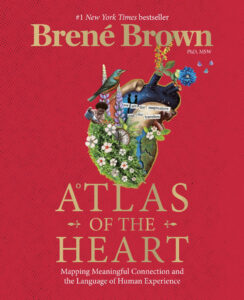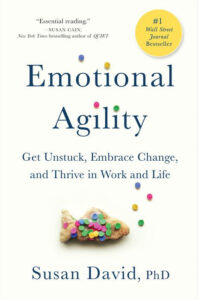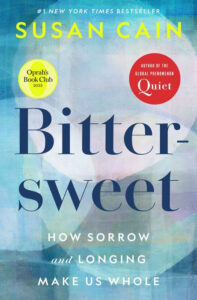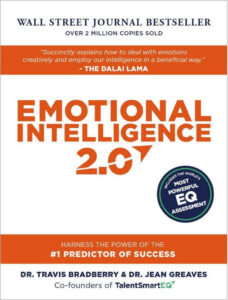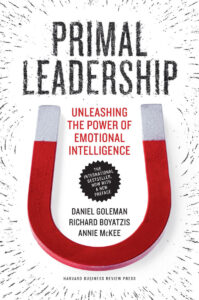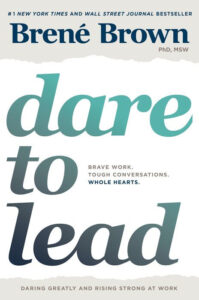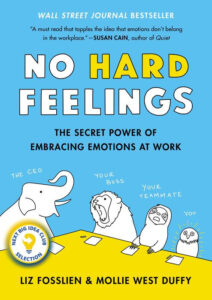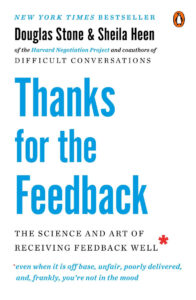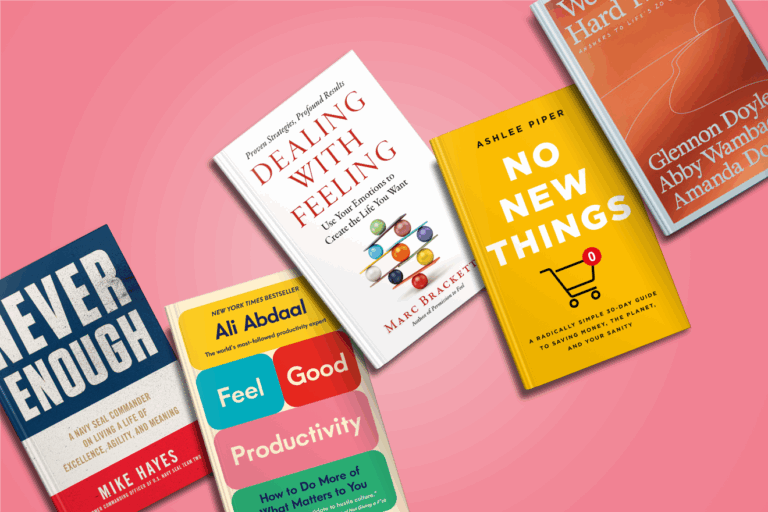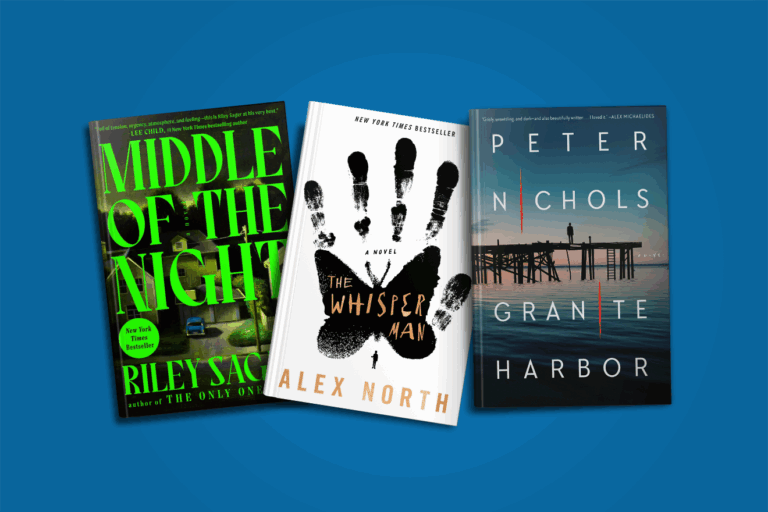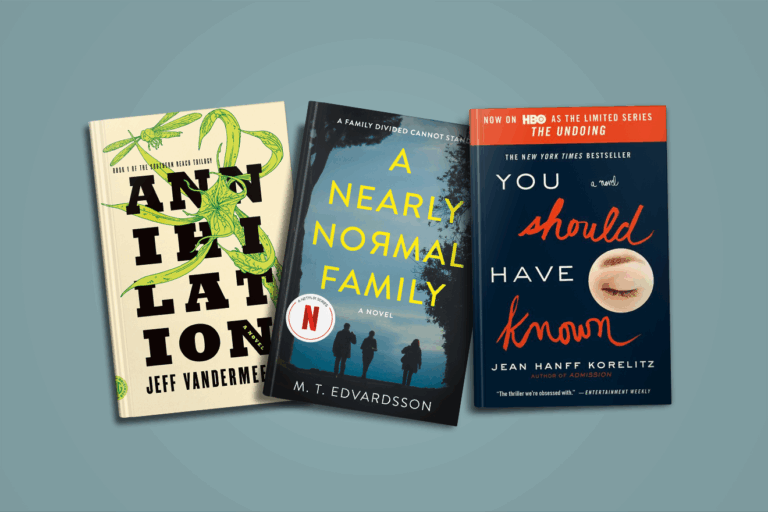Emotional intelligence, also known as emotional quotient or EQ, is the ability to recognize, understand, and regulate emotions in all aspects of life. It’s what enables us to interact with others and navigate the world with intention, whether in everyday situations or the professional environment.
Of course, experiencing our emotions and fully understanding them are two very different concepts. After all, many of us were never taught how to manage our feelings — it’s something we have to seek out and learn.
That’s where a great read comes in handy. The emotional intelligence books below not only provide insight and guidance on emotion regulation, they offer helpful tips to boost your EQ in your daily life and at work.
